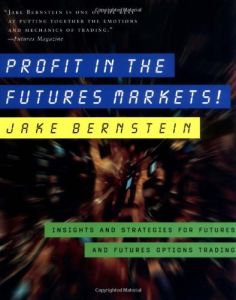
Profit in the Futures Market!
Insights and Strategies for Futures and Futures Options Trading
Read or listen offline
Amazon KindleRecommendation
Author Jake Bernstein puts an exclamation point in his title but fills his pages with abundant cautions, caveats and confessions. This is a voice deepened by an endearing hubris, a Dutch uncle lecturing his aspiring nephews on the dangers of speculation in futures, knowing the dumb ones should be appropriately daunted and the smart ones will hear his wily insinuations that this can actually be a very good thing, if they get it. If you are a successful securities investor thinking about speculating, this will make you keep your eggs in several baskets, even though the author shares hundreds of tips. If you wonder about the significance of puts and calls, hedges and options, this is a useful, precise and unambiguous lesson. Futures trading is not an investment; it is high risk speculation. Each trading strategy requires substantial time and money, and even the best fail half the time. getAbstract.com recommends this book to investors who need a Dutch uncle to quell their urge to risk their kids’ college funds - first, listen to good old Uncle Jake.
Summary
About the Author
Jake Bernstein is president of MBH Commodity Advisors Inc., which offers a wide range of trading services and products. He often lectures at seminars and investor conferences. He is an internationally known commodities analyst, trader, financial consultant and author. His articles have appeared in Barrons, Futures Magazine and Money Maker.








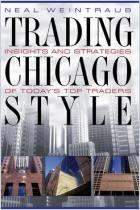
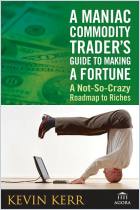
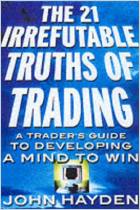
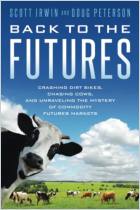
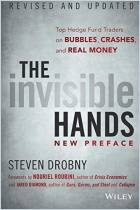




Comment on this summary or Démarrer une discussion